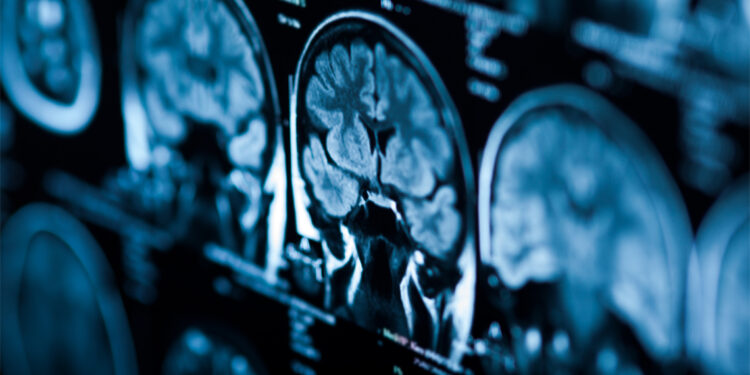by Emily Manis – Psypost.org
If you were told to take your vitamins during childhood, you were given good advice, not only for your body, but for your brain. A study published in Psychiatry Research: Neuroimaging finds that low vitamin D levels are associated with increased brain aging.
Vitamin D is an important vitamin that plays a significant role in metabolic processes. It is best known for its involvement in regulating calcium and phosphate in the body, but it does much more than that. A deficit of vitamin D has been linked with worsened memory, problems with executive functioning, and overall cognitive impairments.
Mixed research has been conducted on whether or not vitamin D deficiency is related to dementia risk. Regardless, the research seems to agree that vitamin D does have notable effects on brain structure and functioning in humans. This study sought to further explore vitamin D’s relationship with the brain, including the volume of gray matter and imaging patterns of aging observed.




